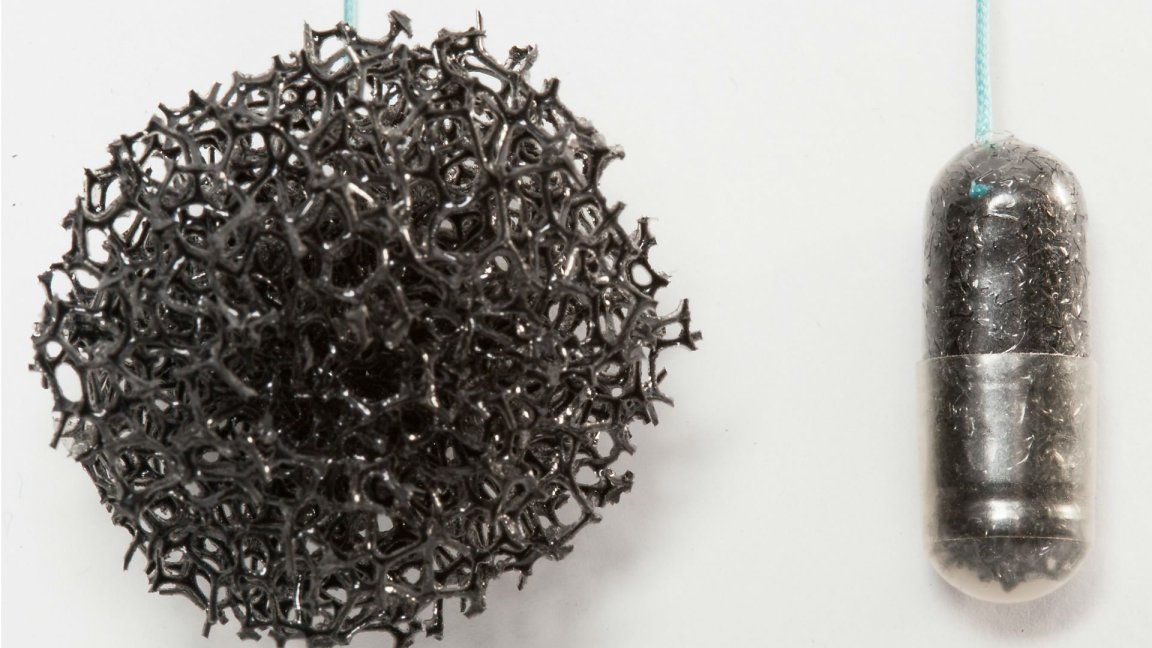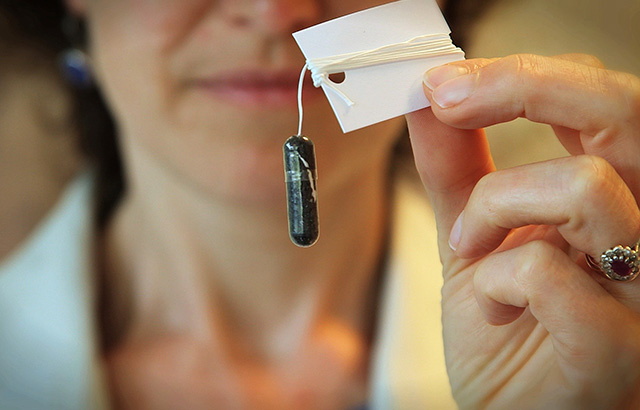
Better Cancer Detection
Cancer happens when cells in the body “go rogue” and divide aberrantly, without end. In recent decades, science has made significant strides in cancer research, from personalized cancer vaccines to biodegradable nanoparticles that have helped increase the odds of survival. Currently, the five-year-survival rate for cancer patients is around 66 percent, according to the National Cancer Institute. Although, when looking at individual types of cancer, survival rates tend to fluctuate.
One form, esophageal cancer, is diagnosed in 16,940 people each year. This type has a five-year-survival rate of only 18 percent. A major reason for this is timeliness of diagnosis: esophageal cancer is difficult to detect, and screening methods are quite invasive — ranging from esophagoscopy, biopsy, balloon cytology, chromoendoscopy, and fluorescence spectroscopy.
Even if screenings are done in a timely manner, the tests do come with their own risks and side effects, and can sometimes detect false positives — or even false negatives. With more intense methods like esophagoscopy and biopsy, there are serious side effects including a puncture of the esophagus, trouble breathing, the passage of food in the airway, or even an increase in heart attack risk.

Down The Hatch
That being said, the challenge for researchers and clinicians has long been devising less invasive tests that are lower risk and ideally, cost efficient, too. Researchers at the University of Cambridge have developed something known as the Cytosponge to detect Barrett’s esophagus, a condition that increases one’s chance of developing esophageal cancer.

Unlike more traditionally invasive tests, the Cytopsponge has a patient swallow a capsule attached to a string. The capsule contains the sponge, which then expands in the stomach when the capsule is dissolved. A nurse then pulls the sponge out, allowing the surface of the sponge to collect cells from the esophageal lining on its way up, which can be then be tested.
The new screening method is still undergoing clinical trials. Presently, the research team is searching for 9,000 patients over the age of 50 who are on long-term acid-suppressant medication. This is the final step before the promising innovation could be adopted in mainstream practice.
Testing with the Cytosponge takes just five minutes, and is far more affordable for patients to undergo than a traditional endoscopy screening. Using the Cytosponge as a regular test for esophageal cancer, could potentially increase the early detection of malignancies and, hopefully, save more lives.